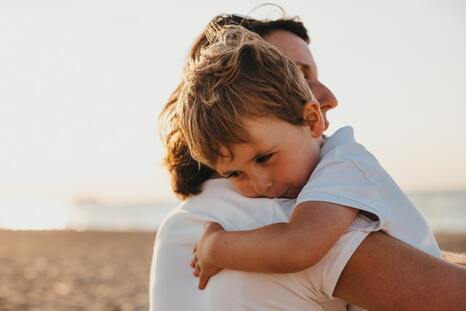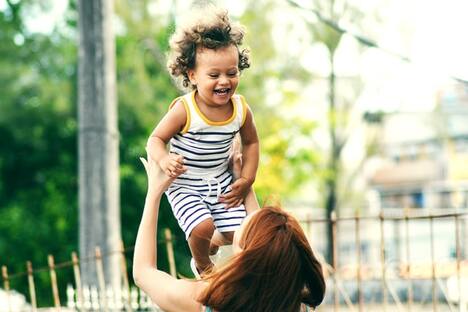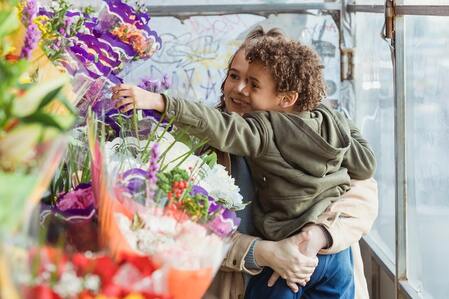Strategies to help kids cope with big life changes
For instance, if your family is facing a move, it would be wise to mentally prepare in advance and ensure the relocation is done the right way. By mentally preparing, we mean considering your kids' emotions since a hectic process like moving homes can make them feel stressed, anxious, and left out. On the other hand, by 'doing it the right way,' we mean following some of our strategies to help your child feel heard and safe. So, it's our job to ensure they receive the emotional support they need during these times. Let's see how you can assist them in managing emotions through significant life transitions.
- Allow them time to prepare
- Listen to their worries and concerns
- Try keeping up with your routines
- Provide time for connection and play
- Provide them a sense of agency
Time
Being open with your children and preparing them for the transition is vital in helping them develop healthy coping mechanisms. Another helpful thing that involves talking and raising questions on the topic is reading books. Numerous books help kids cope with big life changes. For example, A kiss goodbye by Audrey Penn for those who are moving, One special day by Lola M. Schaefer for bringing home a new sibling, and Two Homes by Claire Masurel for those going through a divorce.
Listen
Empathy and understanding are necessary in most cases. There's no need for shielding and protecting your kids from their emotions. That's a common mistake parents make. However, it does nothing in the long run. On the other hand, coaching your children through their feelings is an essential and learning experience.
When and if possible, you can give your kid strategies to handle a situation they find challenging. For instance, if the change you face is divorce and your kid is worried about not seeing the other parent, you can get them a calendar and stickers on those days.
Keep your routines the same
Bedtime routine and mealtimes are the most common family routines you should do your best to stick to. Following a familiar structure will give them a sense of safety.
For example, if you are moving homes, try to set up the room the way it was in your previous home. Give your child the same toys to play with and books to read as they used back in the old house.
Also, don't forget about their overall health. Kids who get enough sleep and eat a nutritious diet are, in general, healthier and happier.
Provide time for connection
Even though you are also coping with change, try to set aside at least 10 minutes daily and give your child your undivided attention. Of course, they can choose whatever they want to do. For example, they might want to cuddle and watch a movie, or they might want you to play with them. Either way, remember to be affectionate and present.
Allow them to choose
Firstly, you can give them some sense of agency by offering them choices. For example, What do you want to eat the first night at the new house?; What colors do you want to paint your room?; etc.
Secondly, the same applies when you ask your child for help. Children usually love to contribute, which makes them feel helpful and responsible. For instance, if you have a new baby, you can ask your older child to help you sing a lullaby or bring the baby's blanket. If you are facing a relocation, you can ask your child to help you pack their toys.
Conclusion
David B. Younger, Ph.D. is the creator of Love After Kids, for couples that have grown apart since having children. He is a clinical psychologist and couples therapist with a web-based private practice and lives in Austin, Texas with his wife, 17-year-old son, 7-year-old daughter and 9-year-old toy poodle.








 RSS Feed
RSS Feed